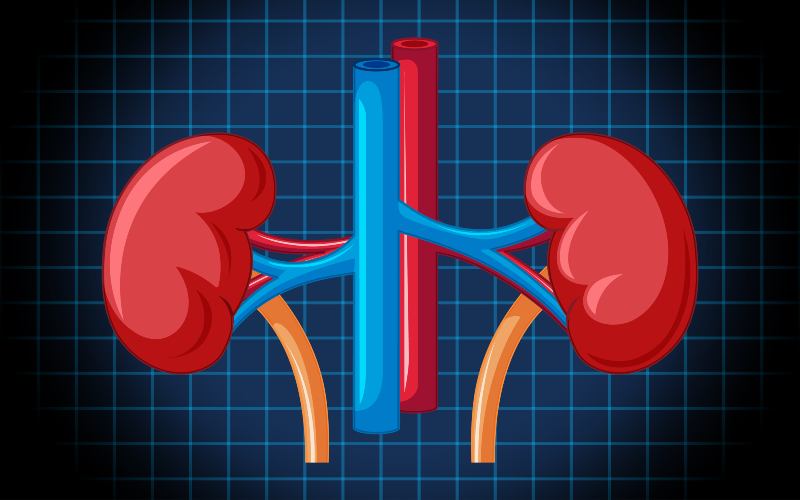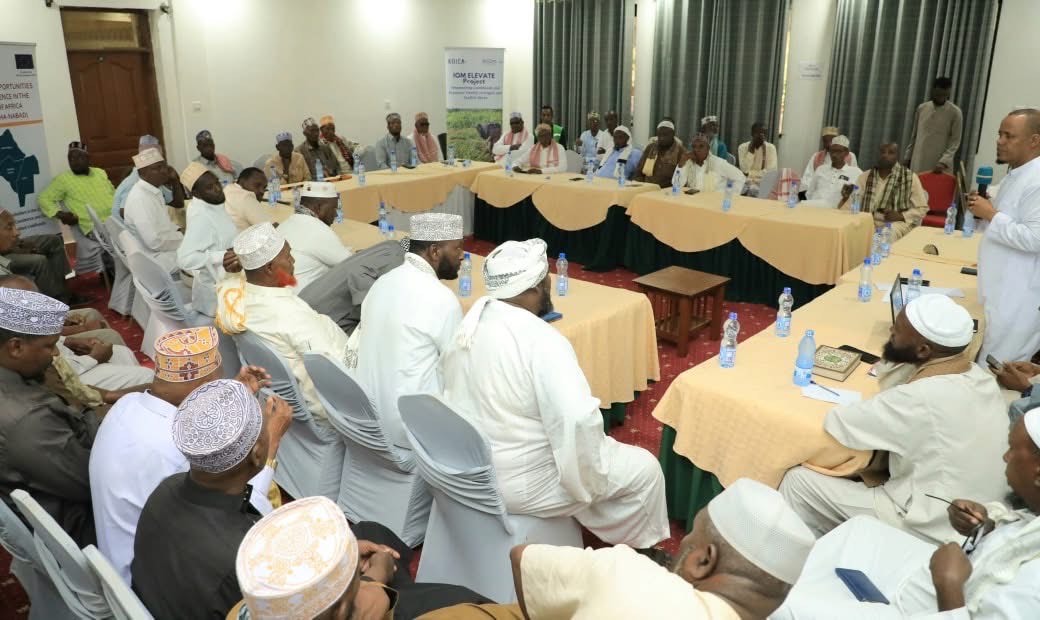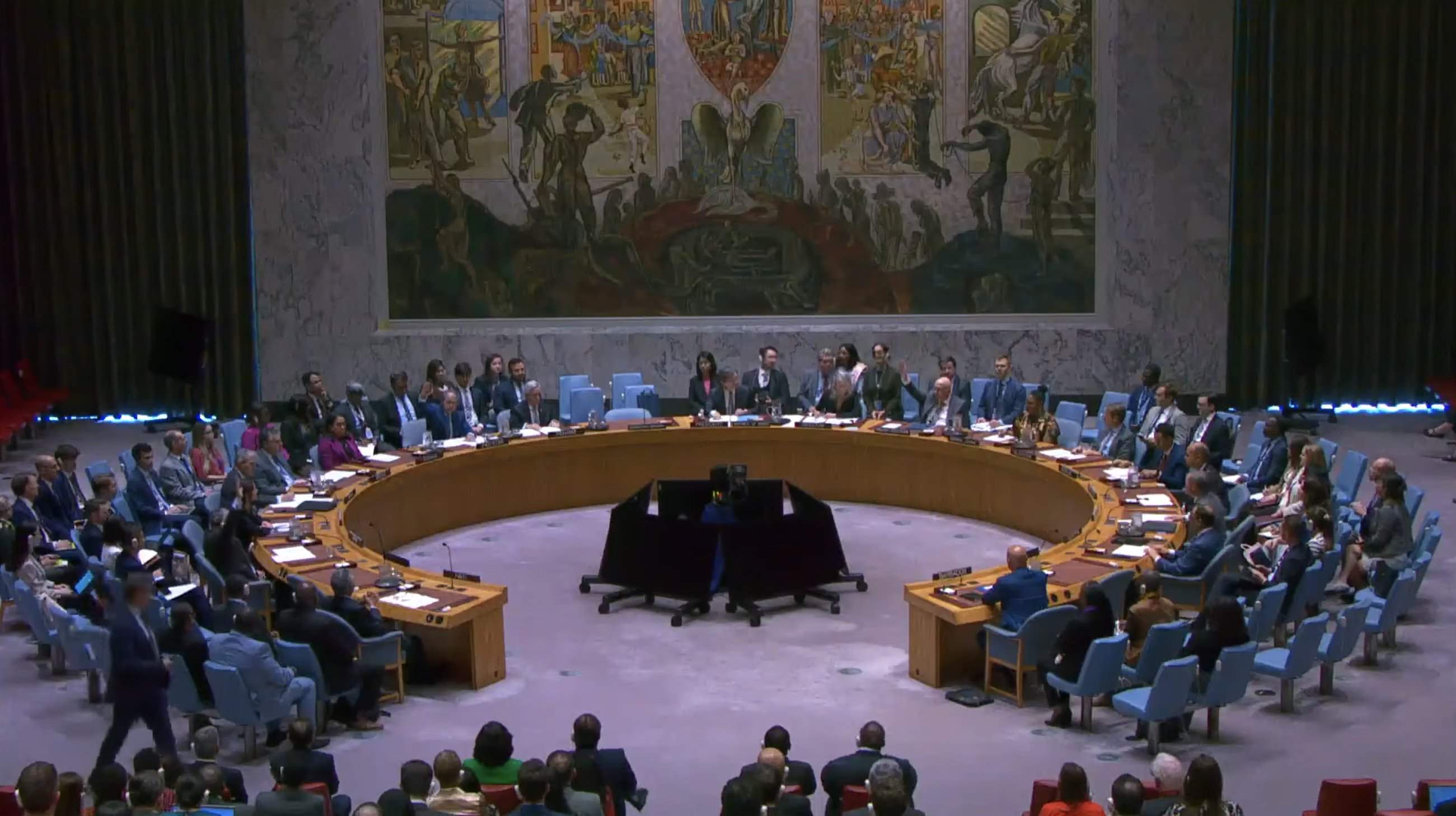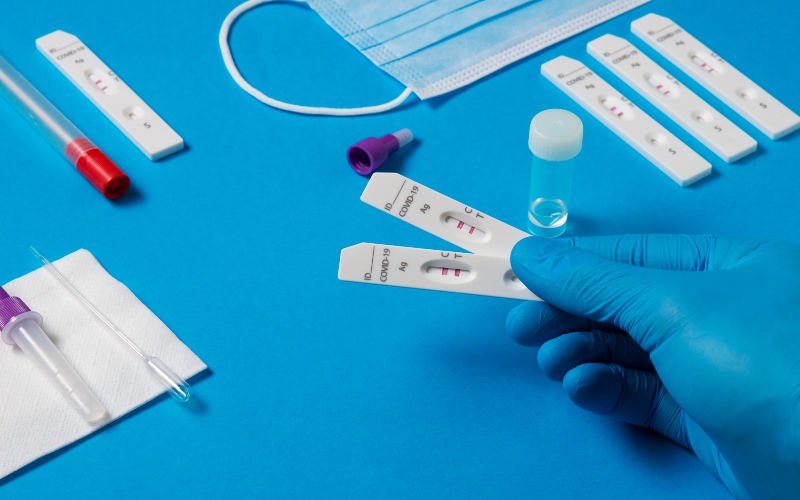Kidney transplant breakthrough could save thousands waiting for compatible donors

This transformation effectively turns them into type O organs, the universal donor type, potentially allowing ABO-incompatible transplants without immediate rejection.
More To Read
- Experts reject kidney harvesting claims, point to system failures
- Outdated organ transplant laws exposing Kenyans to exploitation, MPs told
- MPs hear harrowing testimonies of kidney trafficking in Uasin Gishu
- MPs launch probe into kidney transplants on foreign nationals in Eldoret hospitals
- KNH clarifies failed kidney transplant amid patient’s police report
- Mediheal founder faces prosecution, deportation over kidney transplant cases– CS Duale
For millions living with chronic kidney disease, finding a suitable donor organ is often a race against time, especially for patients with blood type O, who can only accept kidneys from matching donors.
Now, scientists have made a breakthrough by developing a technique that could make kidneys compatible with any blood type.
In a study published in Nature Biomedical Engineering, researchers used special enzymes to remove blood type markers (A or B antigens) from kidneys’ surfaces.
This transformation effectively turns them into type O organs, the universal donor type, potentially allowing ABO-incompatible transplants without immediate rejection.
The team tested this breakthrough in a unique human model. They treated a type A kidney with enzymes and transplanted it into a brain-dead patient with type O blood, a mismatch that would normally trigger hyperacute rejection, where the immune system attacks the organ within minutes.
Remarkably, the treated kidney functioned normally for 48 hours without triggering the severe immune response.
However, by the third day, the kidney began to re-express blood type antigens, and early immune activity signs returned. While full rejection did not occur, these findings suggest the antigen-clearing effect is temporary and needs further optimisation before use in living patients.
This research offers hope to expand the donor pool and reduce wait times. Instead of relying on perfectly matched donors or subjecting patients to intense immunosuppression, organs could be made more compatible before transplantation.
In Kenya, where at least 4 million people live with chronic kidney disease, a figure expected to rise to 4.8 million by 2030, this breakthrough brings hope.
Currently, fewer than 10,000 patients are on dialysis, meaning most with advanced disease lack access to life-saving care. This innovation could pave the way for more accessible, timely transplants.
This study contributes to the growing body of research indicating that kidneys can be successfully transplanted across different blood groups when advanced medical techniques are applied.
A report, published in Frontiers in Medicine in 2022 by a team in Wuhan, China, describes a seven-month-old infant with blood type O who successfully received a kidney from a deceased blood type A donor without pre-transplant antibody removal.
The infant’s immature immune system offered natural protection against rejection, and routine post-transplant immunosuppression was sufficient. After 11 months, kidney function remained stable without signs of rejection.
Another earlier study, published in the National Library of Medicine titled "ABO-incompatible living related donor kidney transplantation: report of two cases", reported two kidney transplants between living relatives with incompatible blood types.
Pre-transplant treatments lowered antibody levels to avoid rejection, and while one patient experienced kidney failure due to surgical complications, the other had successful medium-term outcomes.
These advances build on decades of research showing that with modern immunology and transplant care, ABO blood group incompatibility can be overcome, greatly expanding donor availability.
This is critical because blood group mismatches typically cause rapid, severe rejection, limiting transplant options.
The World Health Organisation (WHO) recognises kidney transplantation as the preferred treatment for end-stage kidney disease, noting that successful compatibility depends on matching blood types or effectively managing incompatibility.
Innovations like enzyme treatment promise to transform transplant medicine, saving more lives by easing the strict blood type barriers.
Top Stories Today














































